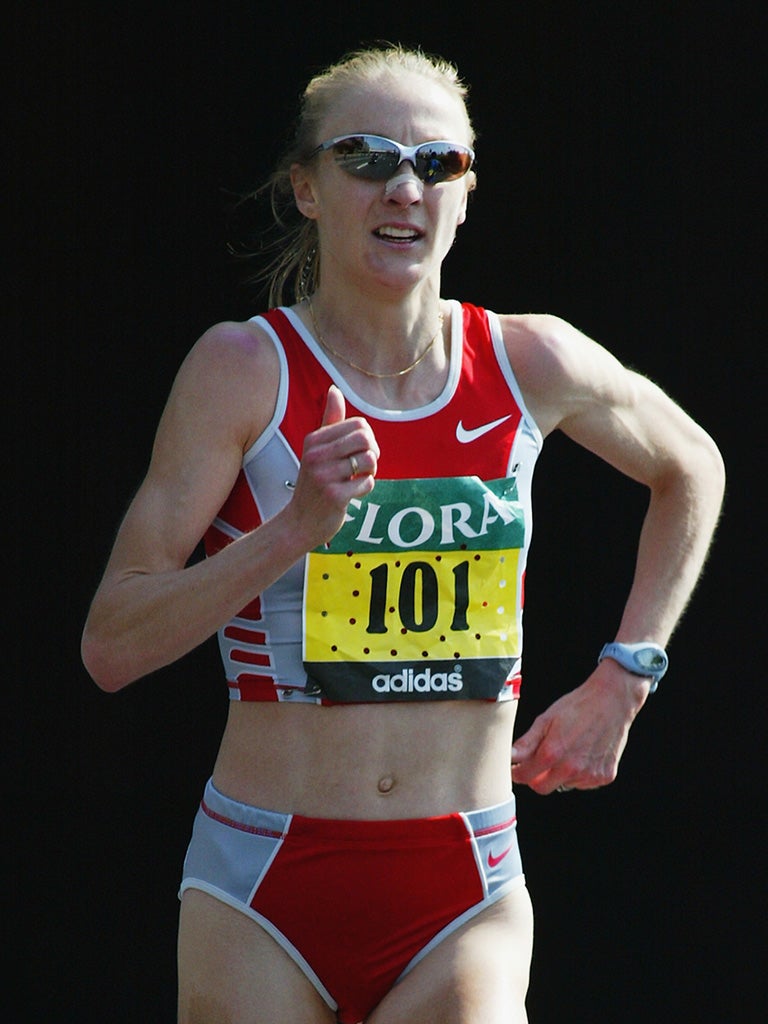London Eye: Radcliffe wins battle to protect her record

Your support helps us to tell the story
From reproductive rights to climate change to Big Tech, The Independent is on the ground when the story is developing. Whether it's investigating the financials of Elon Musk's pro-Trump PAC or producing our latest documentary, 'The A Word', which shines a light on the American women fighting for reproductive rights, we know how important it is to parse out the facts from the messaging.
At such a critical moment in US history, we need reporters on the ground. Your donation allows us to keep sending journalists to speak to both sides of the story.
The Independent is trusted by Americans across the entire political spectrum. And unlike many other quality news outlets, we choose not to lock Americans out of our reporting and analysis with paywalls. We believe quality journalism should be available to everyone, paid for by those who can afford it.
Your support makes all the difference.Justice for Paula Radcliffe; hope of equality for Dwain Chambers. As the powers that be in British athletics concentrate their efforts on winning the right to stage the 2017 World Championships, with a head to head vote between the merits of London and Doha at the headquarters of the International Association of Athletics Federations in Monte Carlo today, two of the UK's leading lights in the sport have received significant boosts.
First Radcliffe persuaded the IAAF council to see sense and drop their plans to downgrade her stunning marathon world record – 2hr 15min 25sec – to a "world best" because it was set, in the 2003 London Marathon, in a mixed men's and women's field.
It would have been an insult to Radcliffe and the sport if one of the finest feats of all-time had been wiped from the official record book while those accomplished by unnatural means remain untouched. As pointed out in The Independent on Sunday 14 months ago, the freakish women's 400m record of 47.60sec, set in 1985 by Marita Koch, has been allowed to stand the test of time even though documents in the files of the East German secret police, the Stasi, showed that she was on a state-administered drugs programme.
Which brings us to the question of Chambers. Even Radcliffe, a long-term passionate campaigner against the dark arts of doping in sport, is of the opinion that the thirtysomething sprinter should be given the same rights as former drug takers from other countries.
Following the Court of Arbitration for Sport's decision last month to outlaw Rule 45 of the Olympic Charter, which banned athletes on the comeback trail after serving drug suspensions from the next Olympic Games, news came yesterday that the Danish National Olympic Committee had rescinded its own similar regulation.
Chambers – who tested positive for a cocktail of banned substances in 2003, served a two-year suspension and returned to competition in 2006 – is subject to the British Olympic Association by-law which precludes the selection of athletes who have served bans of longer than six months. The sprinter has yet to decide whether to challenge the regulation ahead of the London Olympics but the Danish development has been noted by his manager, Siza Agha, a barrister.
"We have made no decision on the BOA/CAS matter at all but we are monitoring all developments with interest," Agha said.
So will we see Chambers getting to his marks in a Team GB vest in the London Olympic Stadium next summer? The resolution promises to be a marathon rather than a sprint.
Join our commenting forum
Join thought-provoking conversations, follow other Independent readers and see their replies
Comments